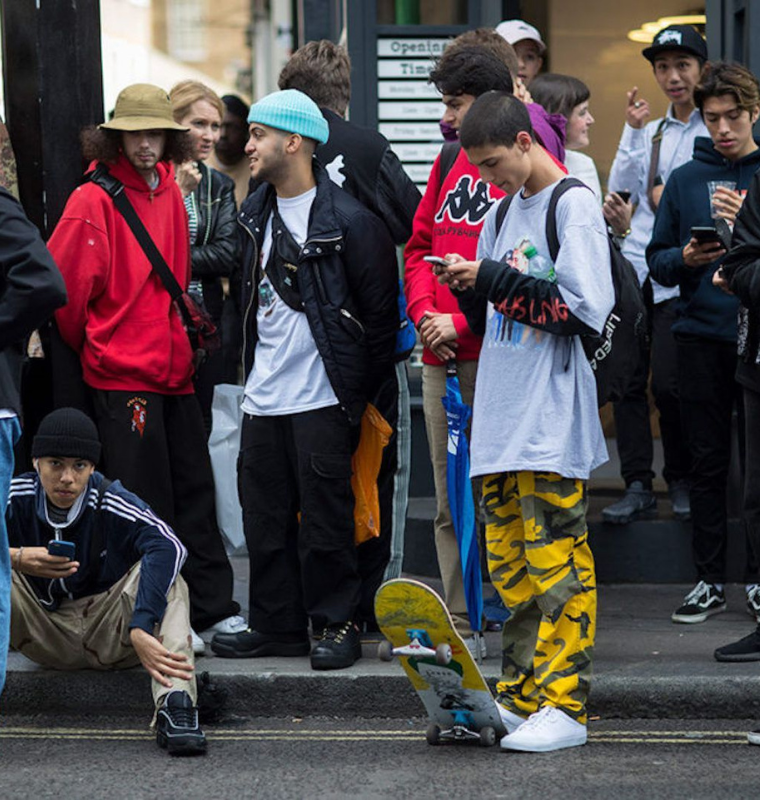Anthropic to Pay $1.5 Billion in Landmark Settlement Over Authors’ Copyright Claims
Anthropic to Pay $1.5 Billion in Landmark Settlement Over Authors’ Copyright Claims
By
Calder Monroe
Last updated:
September 6, 2025
First Published:
September 6, 2025

Photo: Toledo Blade
A Record-Breaking Settlement
Anthropic has agreed to pay at least $1.5 billion to resolve a class action lawsuit brought by a group of prominent authors who accused the company of illegally using their books to train artificial intelligence models. According to court filings, the settlement, once approved, would represent the largest publicly reported copyright recovery in history.
Under the agreement, Anthropic will pay roughly $3,000 per book plus interest. The company will also destroy datasets containing allegedly pirated works that were central to the case.
Why the Case Matters
The lawsuit has been closely followed by AI startups, publishers, and legal experts as a test case for how copyright laws apply in the age of artificial intelligence. At the heart of the dispute was whether Anthropic’s use of copyrighted books sourced from websites such as Library Genesis and Pirate Library Mirror could be considered “fair use.”
In June, a federal judge acknowledged that using books to train AI models might qualify as fair use but allowed the case to proceed to trial on the grounds that acquiring materials from pirate sites could still constitute large-scale copyright infringement. The trial had been scheduled for December before the settlement was announced.
Authors and Their Claims
The suit was originally filed in the U.S. District Court for the Northern District of California by authors Andrea Bartz, Charles Graeber, and Kirk Wallace Johnson. They alleged Anthropic engaged in “commercial exploitation” of their work without permission or compensation.
Justin Nelson, an attorney for the plaintiffs, said the settlement “sends a powerful message to AI companies and creators alike that taking copyrighted works from pirate websites is wrong.”
Anthropic’s Position in the AI Market
The settlement comes just days after Anthropic announced a massive $13 billion funding round led by Iconiq, Fidelity Management, and Lightspeed Venture Partners, which pushed the company’s valuation to an eye-popping $183 billion. Despite the financial blow of the settlement, investors appear confident in Anthropic’s long-term position as one of the leading challengers in the AI race, alongside OpenAI and Google DeepMind.
The Bigger Picture
For the publishing industry, this case represents a watershed moment in the battle over intellectual property in the digital age. With AI companies depending on massive datasets to train language models, the outcome could shape future negotiations between tech firms and content creators. Legal analysts note that the $1.5 billion settlement may serve as a benchmark for similar lawsuits expected against other AI developers.
This resolution underscores the high stakes of the ongoing clash between creativity and technology, signaling that while AI innovation moves fast, the protection of intellectual property is not to be overlooked.
Popular articles
Subscribe to unlock premium content
Why Consumers Buy Limited-Edition Fashion and Beauty Products

How K-Beauty Changed the Global Skincare Industry and Consumer Expectations

How Streetwear Became a Billion-Dollar Industry From Niche to Mainstream

Why Consumers Buy Limited-Edition Fashion and Beauty Products

How K-Beauty Changed the Global Skincare Industry and Consumer Expectations

Why Consumers Buy Limited-Edition Fashion and Beauty Products









